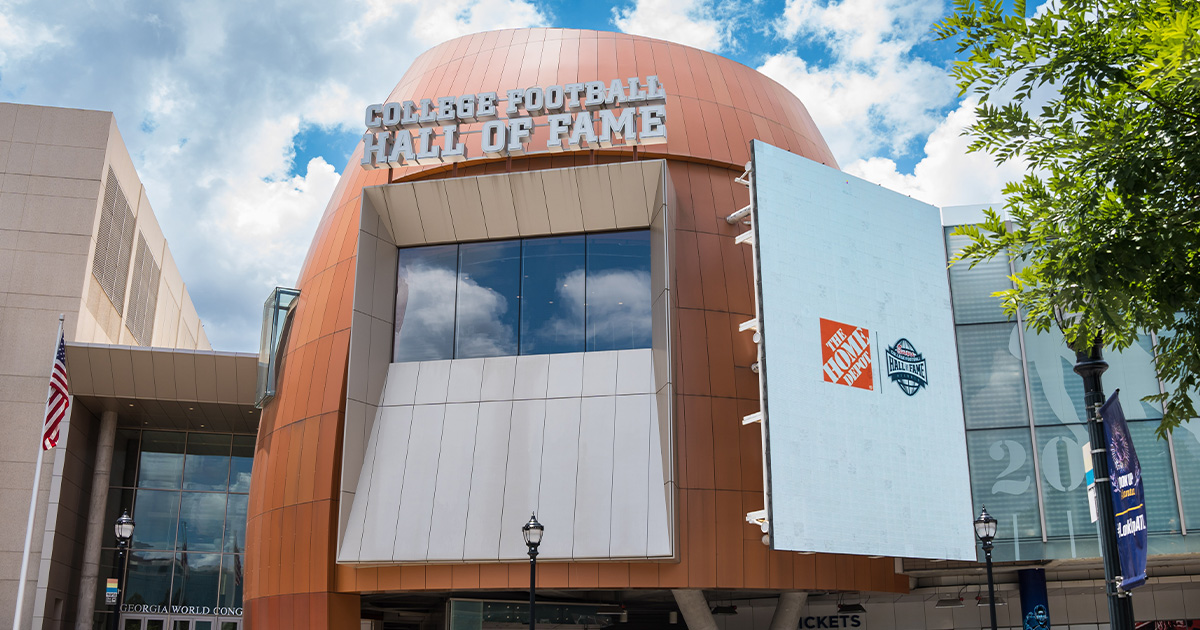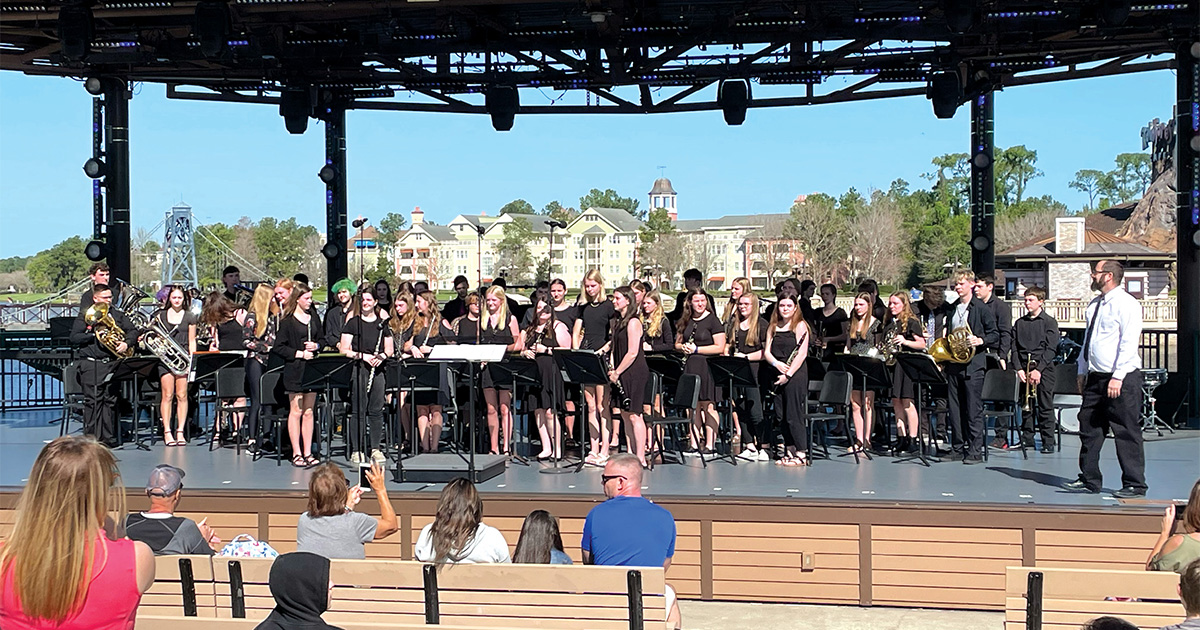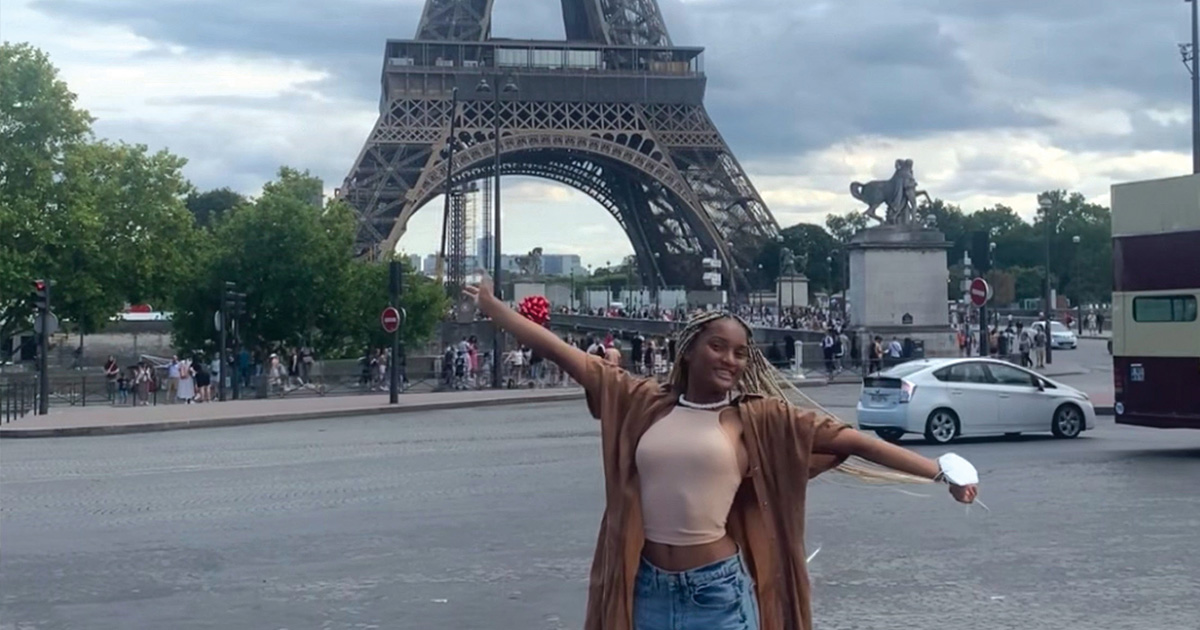Planning student travel poses difficult decisions. Narrowing your options and sorting meal, transportation and lodging logistics could be daunting, not to mention handling COVID safety and restrictions.
If a destination is new to you, call in the experts!
A location’s Destination Marketing Organization or its Convention and Visitors Bureau offers expertise and services to make your travels run smoothly, providing valuable insight on major attractions and hidden gems.
What Is a DMO? What Is a CVB?
DMOs and CVBs are similar and sometimes the same. What differentiates these organizations?
DMOs usually bill themselves as the local experts, helping visitors enjoy a destination to the fullest. Nonprofit CVBs—generally funded by hotel-stay taxes or membership dues—tend toward a business focus: providing services to help organize conventions and meetings, and securing appropriate permits for business-sponsored events. DMOs, similarly funded, tend to focus on leisure travelers.
CVB names often reflect a destination marketing status, using “Destination,” “Visit,” “Choose” or “Experience.” Larger cities and popular tourism market destinations frequently have a DMO and a CVB, both dependable for expert, unbiased opinions regarding local offerings. For nonbusiness travelers, a DMO may offer more services you seek. Staff usually includes sales representatives, event and support coordinators, and service managers. Through coordinated efforts, they provide myriad services.
How to Use a DMO or CVB
Most DMO and CVB websites house a specific Group Travel link; many have a Student Travel menu. The website is a great place for you to begin considering options. Itinerary ideas might include touring sites; arts performances and opportunities; symphony or theater workshops; dining and lodging; and museum, aquarium, and theme park sleepover immersion programs.
Websites often include contact information for attractions, hotels, restaurants, transportation and other tourism venues. Some have links to group-friendly options, photo galleries, documents noting facility amenities, complimentary services and event videos.
DMO/CVBs are valuable resources. They’re fully aware of local COVID regulations, and their websites feature historical and cultural information that could be used as a portal to learn about the destination and promote the trip. Some have specially produced sales kits with print and digital materials, free, to help you plan and promote.
By phone or online, staff provide planning assistance. Twitter and Facebook accounts may provide daily updates on what’s happening where you’ll visit. E-newsletters help you stay abreast of offerings.
Ways to Work With a DMO or CVB
Many offer free planning assistance and ticket sales packages. Representatives might help negotiate restaurant, hotel, and attraction rates, offering pros and cons. Reps provide logistical support, suggesting lodging near your venue. Expert advice influences efficient itineraries, ensuring students see all they can.
Recommendations: Reps could connect you with properly licensed drivers and reputable businesses and offer tips on public transportation passes and which routes suit your needs.
Questions and concerns: FAQs and online question submissions could help, as could searchable forums for browsing questions and interests. Many DMOs and CVBs offer information center sites throughout major cities, with ambassadors who’ll provide maps, brochures, and itinerary guidance.
What Can a DMO/CVB Help You With?
Transportation: Whether for public transportation or motorcoaches, a rep’s local knowledge helps you find the best way to move from airport to lodging to venue.
Tours: By bus, foot, Segway, boat or other means, DMOs/CVBs could assist in mapping out sightseeing. Some offer complimentary neighborhood tours.
Accessibility: If someone in your group has a disability, you’ll find information to help accommodate those needs.
Food services: From restaurants to catering options, reps could help meals run like clockwork. If you require boxed lunches delivered to a rehearsal or an early-morning breakfast before departure, reps can match your group with a suitable provider.
Suggested itineraries: With themed plans, take out the guesswork when traveling to a new location. Many suggested itineraries offer flexibility of choice and a rep as your primary contact. If planning your own itinerary, you may appreciate the convenience of purchasing tickets through the DMO or CVB website.
Day trips: Reps could help identify worthy nearby destinations and efficiently arrange your day, so you don’t crisscross your city.
What’s new and exciting: Reps are aware of can’t-miss, must-do opportunities.
Who to contact: After providing you a suggested itinerary, your rep will note how to best contact each facility.
Performance opportunities: From parades to parks, reps could help identify unforgettable opportunities and provide lists of potential venues for your group.
Behind-the-scenes: Many DMOs and CVBs assist in creating experiences that go beyond the show—educational workshops and master classes, tours of facilities, and meeting or Q&A with theater professionals.
Knowing the rules: What’s allowed on the beach? Is there a curfew? Reps know local regulations to consider while planning your events or other details students should learn.
Wildlife warnings: Many DMO/CVB websites offer pointers for staying out of trouble with the local fauna.
Safety considerations: Reps can provide a comprehensive breakdown of local COVID regulations, guidance on how to keep students healthy, keeping valuables safe, and other concerns.
This guide originally appeared in Teach & Travel’s March 2022 issue.




